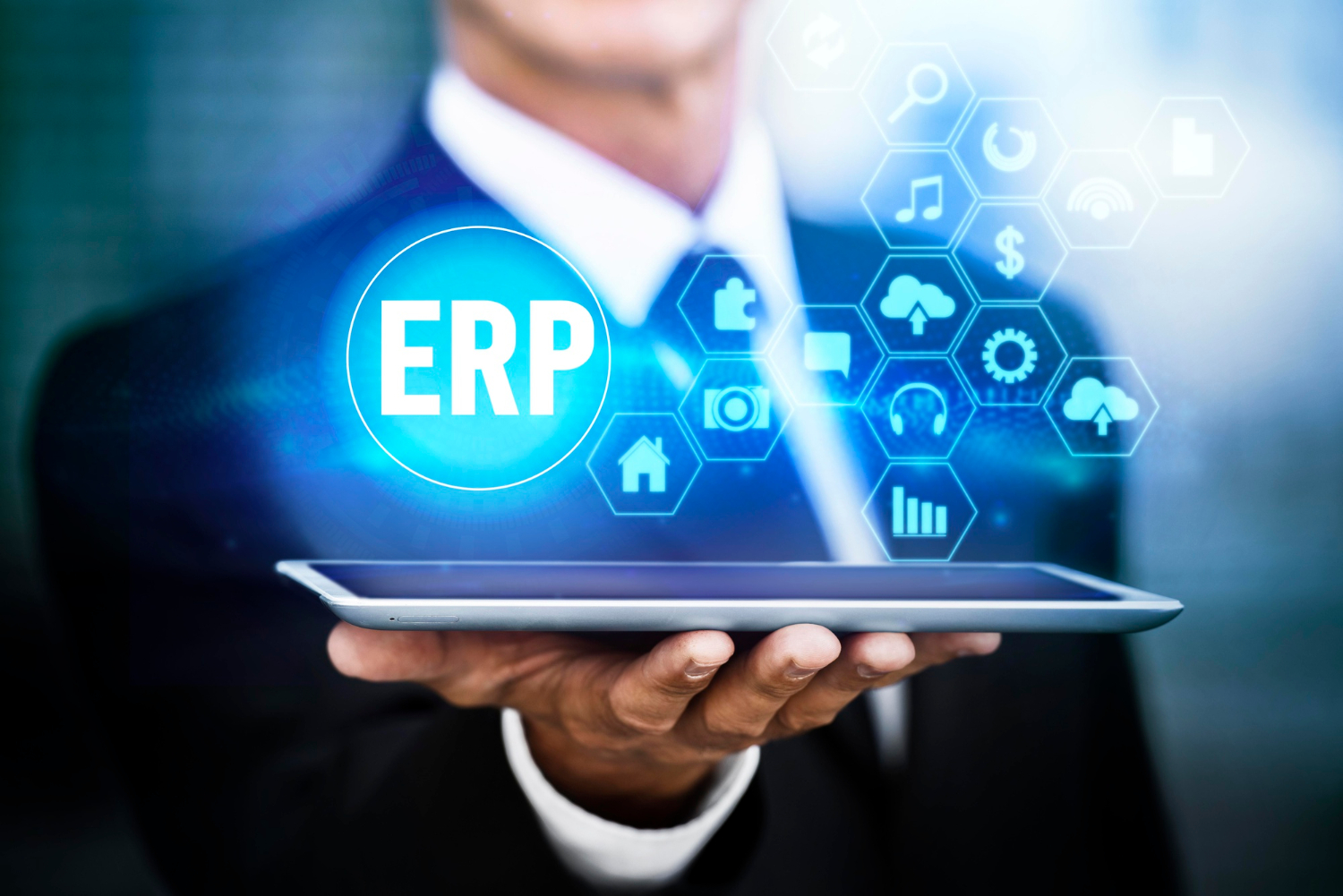What Businesses Need to Know Before Implementing ERP Systems

Page Contents
Enterprise Resource Planning (ERP) systems have become indispensable tools for businesses seeking to streamline operations, improve efficiency, and drive growth. These integrated software solutions offer a comprehensive suite of modules designed to manage various aspects of a company's operations, including finance, human resources, supply chain, and customer relationship management. However, implementing an ERP system is a complex undertaking that requires careful planning, thorough evaluation, and ongoing support. In this blog, we'll explore what businesses need to know before embarking on an ERP implementation journey, covering key considerations, challenges, and best practices to ensure success.
Understanding ERP Systems
At its core, an ERP system is a software solution that integrates and automates core business processes and functions across an organization. These systems typically consist of modules that address specific areas such as accounting, inventory management, procurement, manufacturing, and sales. By centralizing data and processes in a unified platform, ERP systems enable businesses to improve collaboration, increase visibility, and make more informed decisions. Additionally, ERP systems often include features such as reporting and analytics tools, workflow automation, and mobile access, further enhancing efficiency and productivity.
Identifying Business Needs and Objectives
Before selecting an ERP system, businesses must conduct a thorough assessment of their current processes, systems, and pain points. This is vital before embarking on an ERP implementation for higher ed institutions such as colleges and universities. This includes identifying areas of inefficiency, duplication of efforts, and manual tasks that can be automated. Additionally, businesses should define specific goals and objectives for the ERP implementation, such as improving inventory management, enhancing customer service, or increasing operational efficiency. By aligning ERP initiatives with strategic business objectives, organizations can ensure that the selected system addresses their most pressing needs and delivers tangible value.
Choosing the Right ERP Solution
Choosing the right ERP solution is a critical decision that can have far-reaching implications for a business's success. With a wide range of vendors and systems available in the market, businesses must carefully evaluate their options based on factors such as functionality, scalability, industry expertise, and total cost of ownership. It's essential to conduct thorough research, request demonstrations, and engage with vendor references to assess the suitability of each ERP solution for your business. Additionally, businesses should consider the level of customization and integration capabilities offered by ERP systems to ensure compatibility with existing systems and future scalability.
Budgeting and Cost Considerations
Implementing an ERP system involves significant upfront costs, including software licensing fees, implementation services, hardware infrastructure, and ongoing maintenance and support. Businesses must develop a realistic budget that takes into account both direct and indirect costs associated with ERP implementation. Additionally, it's essential to identify potential cost-saving measures and opportunities for return on investment (ROI) to justify the investment in an ERP system. While ERP implementations can be costly, businesses should view them as strategic investments that offer long-term benefits in terms of efficiency, productivity, and competitive advantage.
Planning for Implementation
Effective planning is crucial for the success of an ERP implementation project. Businesses should establish a dedicated project team with clear roles and responsibilities, including executive sponsors, project managers, functional leads, and end-users. Developing a comprehensive implementation plan is essential, outlining key milestones, timelines, and deliverables throughout the project lifecycle. Additionally, businesses should anticipate potential challenges and develop contingency plans to mitigate risks and ensure project success. By investing time and resources in careful planning, businesses can minimize disruptions and maximize the likelihood of a successful ERP implementation.
Data Migration and Integration
Data migration is a critical aspect of ERP implementation that can significantly impact project timelines and success. Before migrating data to the new ERP system, businesses must assess data quality, integrity, and compatibility with the new platform. This may involve cleansing, mapping, and transforming data from legacy systems to ensure accuracy and consistency. Additionally, businesses should plan and execute data migration strategies carefully to minimize downtime and avoid disruptions to business operations. Integration with existing systems and third-party applications is another key consideration, ensuring seamless data flow and interoperability across the organization.
User Training and Change Management
User adoption is essential for the success of an ERP implementation, making user training and change management critical components of the project. Businesses should provide comprehensive training for end-users to ensure they understand how to use the new ERP system effectively. This may include classroom training, e-learning modules, user guides, and hands-on workshops tailored to the specific needs of each user group. Additionally, implementing change management strategies is essential to address resistance and foster buy-in from employees throughout the organization. By communicating the benefits of the ERP system, involving stakeholders in the decision-making process, and providing ongoing support and feedback channels, businesses can facilitate a smooth transition to the new system.
Testing and Quality Assurance
Testing and quality assurance are essential steps in the ERP implementation process to ensure that the system meets business requirements and performs as expected. Businesses should conduct thorough testing of the ERP system, including unit testing, integration testing, and user acceptance testing (UAT), to identify and resolve any bugs or issues before going live. UAT involves testing the system from an end-user perspective to validate functionality, usability, and performance against predefined criteria. Additionally, businesses should implement quality assurance measures throughout the project lifecycle to monitor progress, address issues promptly, and ensure that project goals are met on time and within budget.
Post-Implementation Support and Maintenance
Even after the ERP system has been successfully implemented, businesses must provide ongoing support and maintenance to ensure its continued effectiveness and relevance. This includes establishing support mechanisms and channels for end-users to report issues, ask questions, and receive assistance as needed. Monitoring system performance and conducting regular health checks are essential to identify and address any technical issues or performance bottlenecks proactively. Additionally, businesses should continuously evaluate and optimize ERP processes to maximize efficiency, productivity, and user satisfaction. By investing in post-implementation support and maintenance, businesses can ensure that their ERP system remains a valuable asset that supports their growth and success in the long term.

Implementing an ERP system is a complex and challenging endeavor that requires careful planning, thorough evaluation, and ongoing support. By understanding the key considerations outlined in this blog, businesses can navigate the ERP implementation process more effectively and maximize the likelihood of success. From identifying business needs and objectives to choosing the right ERP solution, planning for implementation, and providing post-implementation support, businesses must invest time, resources, and effort in every stage of the project lifecycle. By leveraging the power of ERP systems as strategic tools for growth and innovation, businesses can streamline operations, improve efficiency, and drive sustainable business success in today's competitive marketplace.

Robyn Greenspan, an independent researcher and speaker, is interested in innovation, market trends and information technology. She was a participant in the AI Summit and also took part in the IEEE International Conference on Edge Computing, International SOA Symposium series and the International Cloud Symposium series. She graduated from Temple University. She was previously the communications and research manager for the AMS, an internationally recognized professional association that advances knowledge in the IT and business management areas.